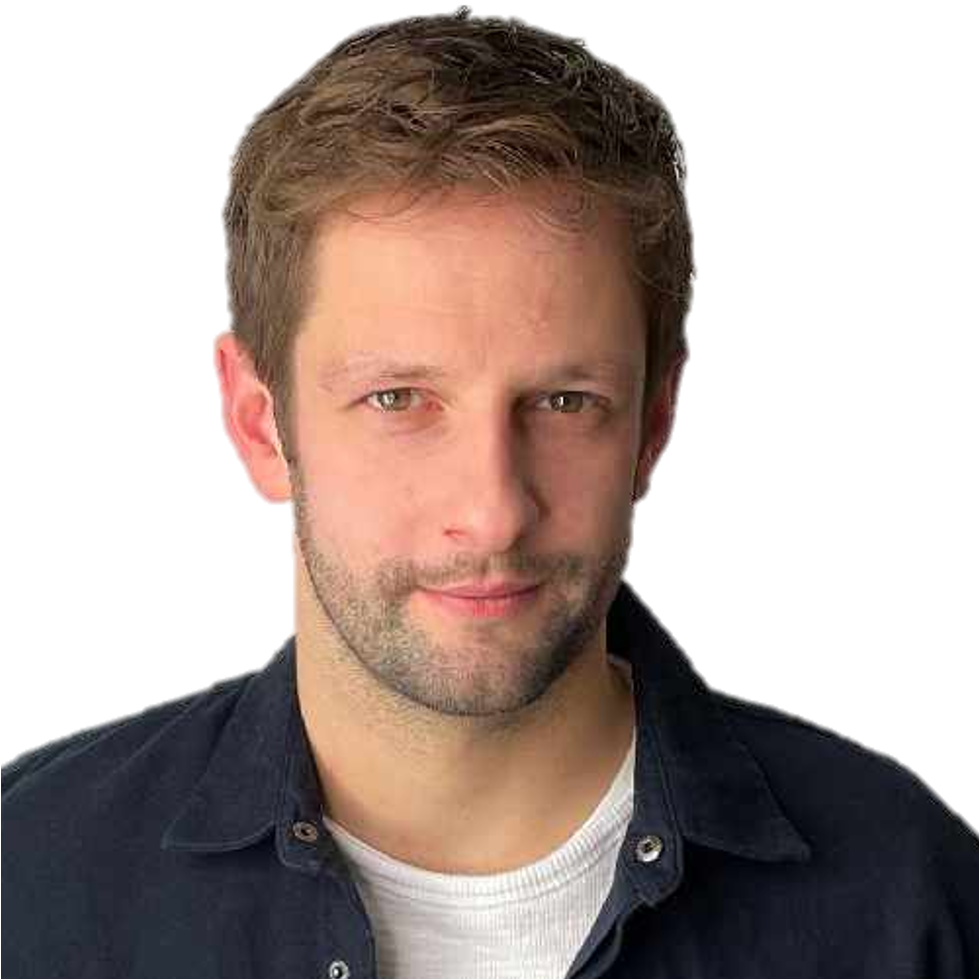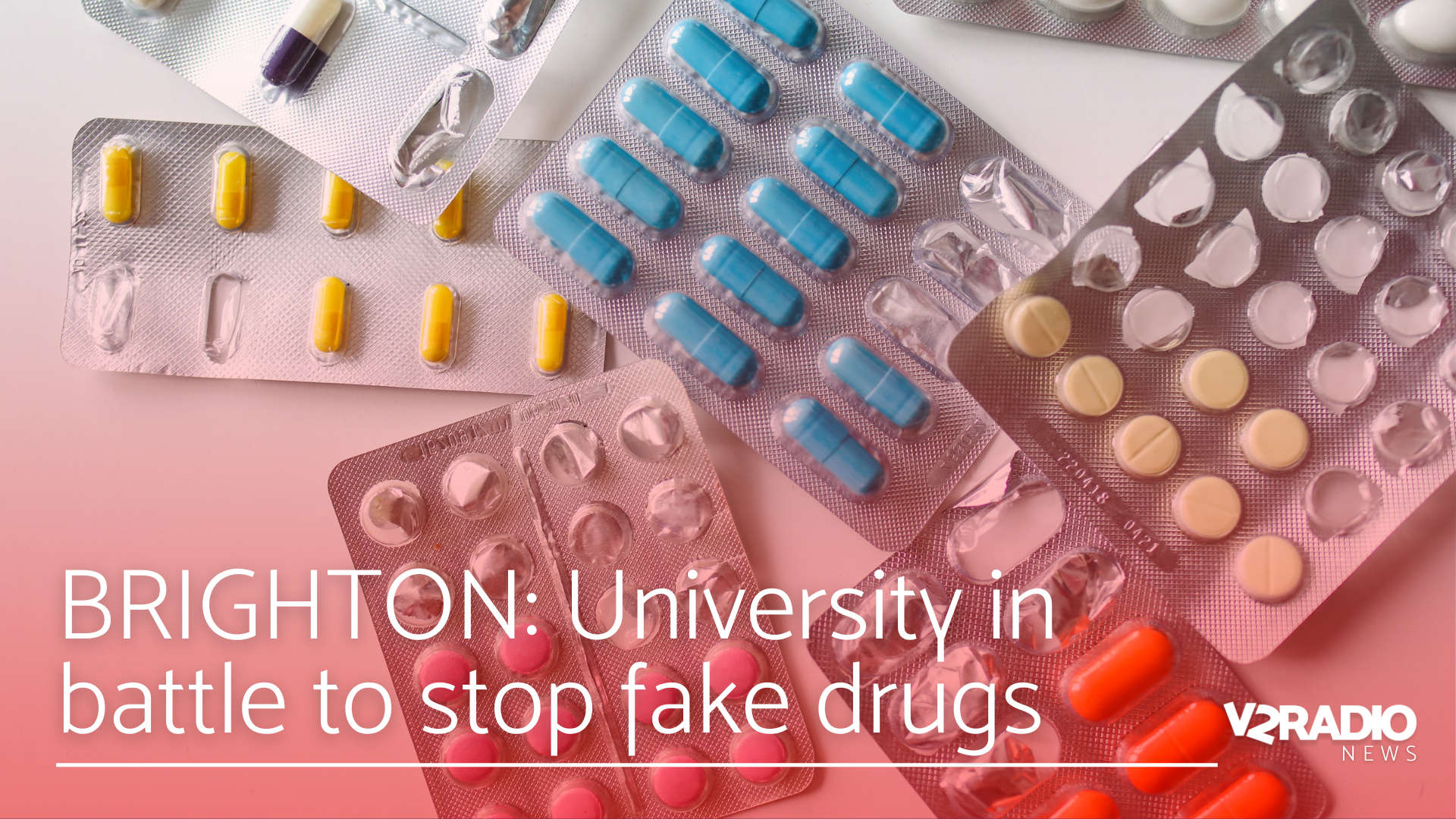
Researchers at the University of Brighton have developed a new handheld device to tackle the growing problem of counterfeit medicines.
The FakeMedSensor is designed to provide quicker, more reliable and affordable drug verification across the supply chain.
It comes as demand for weight-loss and diabetes drugs such as Ozempic continues to surge, with the UK regulator already seizing 869 fake pens this year.
Counterfeit medicines are also a growing international concern. According to the World Health Organization, one in ten medical products in low- and middle-income countries is either substandard or falsified. In sub-Saharan Africa alone, fake antimalarials – medications used to prevent or treat malaria – are estimated to cause over 100,000 preventable deaths each year.
The FakeMedSensor is designed to be a low-cost, portable device that uses electrochemical sensing to detect the presence and amount of active pharmaceutical ingredients without needing complex processes. Its potential impact is global: from ensuring the safety of human and animal treatments to protecting food supplies.
Although still in its pilot phase, the prototype has delivered strong results in laboratory trials and is designed for real-world use across a variety of settings. The next stage involves broader testing and refinement to meet regulatory and industry standards, with aspirations to form a commercial spin-out within the next year.
The FakeMedSensor was developed by Professor Bhavik Patel, Professor of Clinical and Bioanalytical Chemistry at the University of Brighton, alongside Dr Rico Shergill, a PhD researcher in electrochemistry. This work is supported by UKRI’s Connecting Capability Fund and Innovate UK’s ICURe Discover programme.
This innovation is the culmination of over 10 years of dedicated research, supported by students of varying levels – including undergraduate and postgraduate – whose contributions have been integral to the development of this tool as part of Dr Shergill’s PhD project.
Professor Patel said: “Falsified and substandard medication presents a serious threat to global health – one that disproportionately affects vulnerable populations. Our work is about delivering a practical solution that provides wide scale surveillance of medicines throughout all phases of the supply chain.”
“We’ve focused on making the FakeMedSensor accurate, low-cost, and easy to use. This technology has the potential to safeguard health in both high-tech and low-resource environments.”
Dr Shergill said: “Fake or poor-quality drugs can enter the system at any stage – from production to point of sale. So, we wanted a low-cost, portable device that could be used anywhere to detect issues in real time.”
“One of the hardest parts has been balancing the science with the commercial side. There were moments of doubt, trying to validate something technically complex while also figuring out who it would serve and how. There were times when I didn’t have all the answers. But the encouragement from the university, supervisors, and family, to keep pushing forward, to step back and refine the focus, has kept the project moving.”
This project reflects the university’s longstanding commitment to impactful research, and real-world change. Both Professor Patel and Dr Shergill began their academic journeys at Brighton – from undergraduate study to leading research tackling global challenges.
Professor Patel also first came to Brighton through Clearing – an opportunity he credits with setting him on the path to transformative scientific work. Clearing is now open until 20 October 2025, and the university continues to welcome the next generation of change makers – offering a 360-degree ecosystem of support, collaboration and opportunity for those ready to make a difference.
The FakeMedSensor is not yet on the market, but its potential is clear: a portable, affordable solution to help detect counterfeit medicines in real time and protect patient safety worldwide.
The team is actively inviting feedback from professionals in healthcare, veterinary, pharmaceutical, and agriculture sectors to help shape the sensor’s development. You can get involved by visiting the FakeMedSensor website and completing a short survey: https://fakemedsensor.com

 South's students pick up GCSE results
South's students pick up GCSE results
 Memorial garden to remember the victims of the Shoreham Air Show disaster
Memorial garden to remember the victims of the Shoreham Air Show disaster
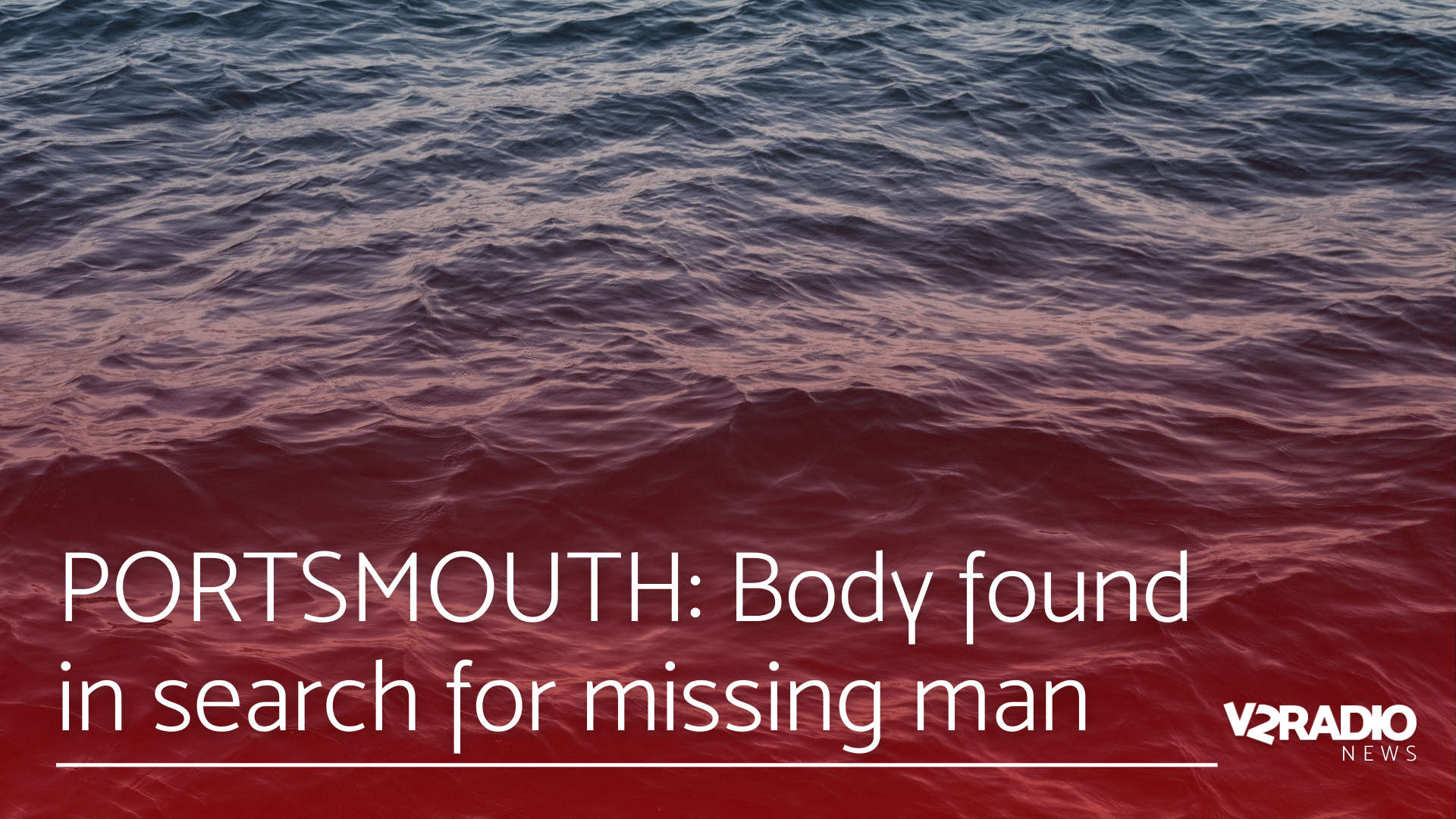 Body found in search for man missing after Portsmouth boat crash
Body found in search for man missing after Portsmouth boat crash
 Horsham secondary school to accept boys following decision by county council Leader
Horsham secondary school to accept boys following decision by county council Leader
 New 707 Bus Links Chichester and Bognor Regis with Shops, Hospital and University
New 707 Bus Links Chichester and Bognor Regis with Shops, Hospital and University
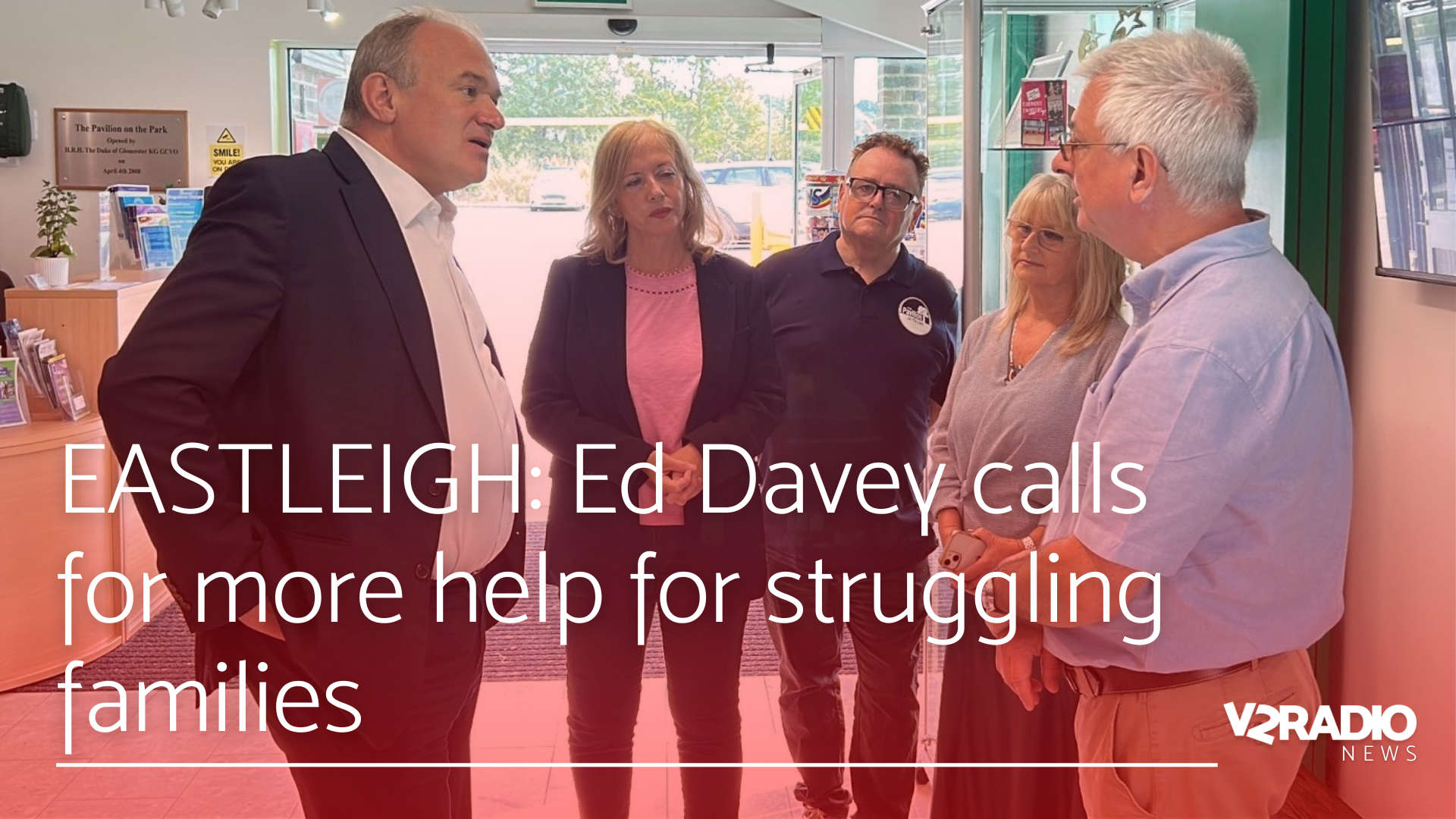 Ed Davey visits Eastleigh calling for more families to benefit from holiday activities and food programme
Ed Davey visits Eastleigh calling for more families to benefit from holiday activities and food programme
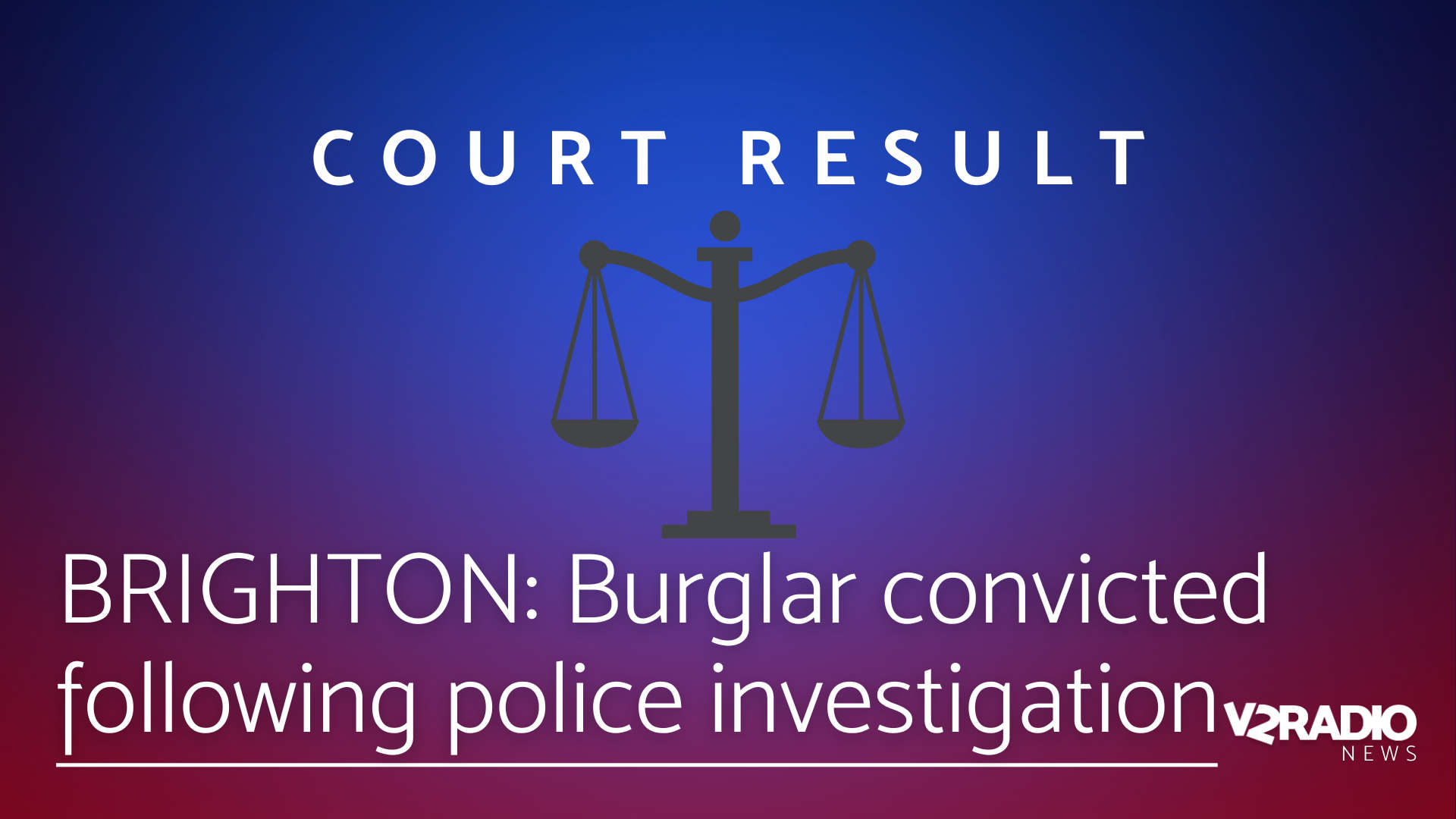 Brighton burglar convicted following police investigation
Brighton burglar convicted following police investigation
 Crimestoppers to go into schools and colleges in Arun
Crimestoppers to go into schools and colleges in Arun
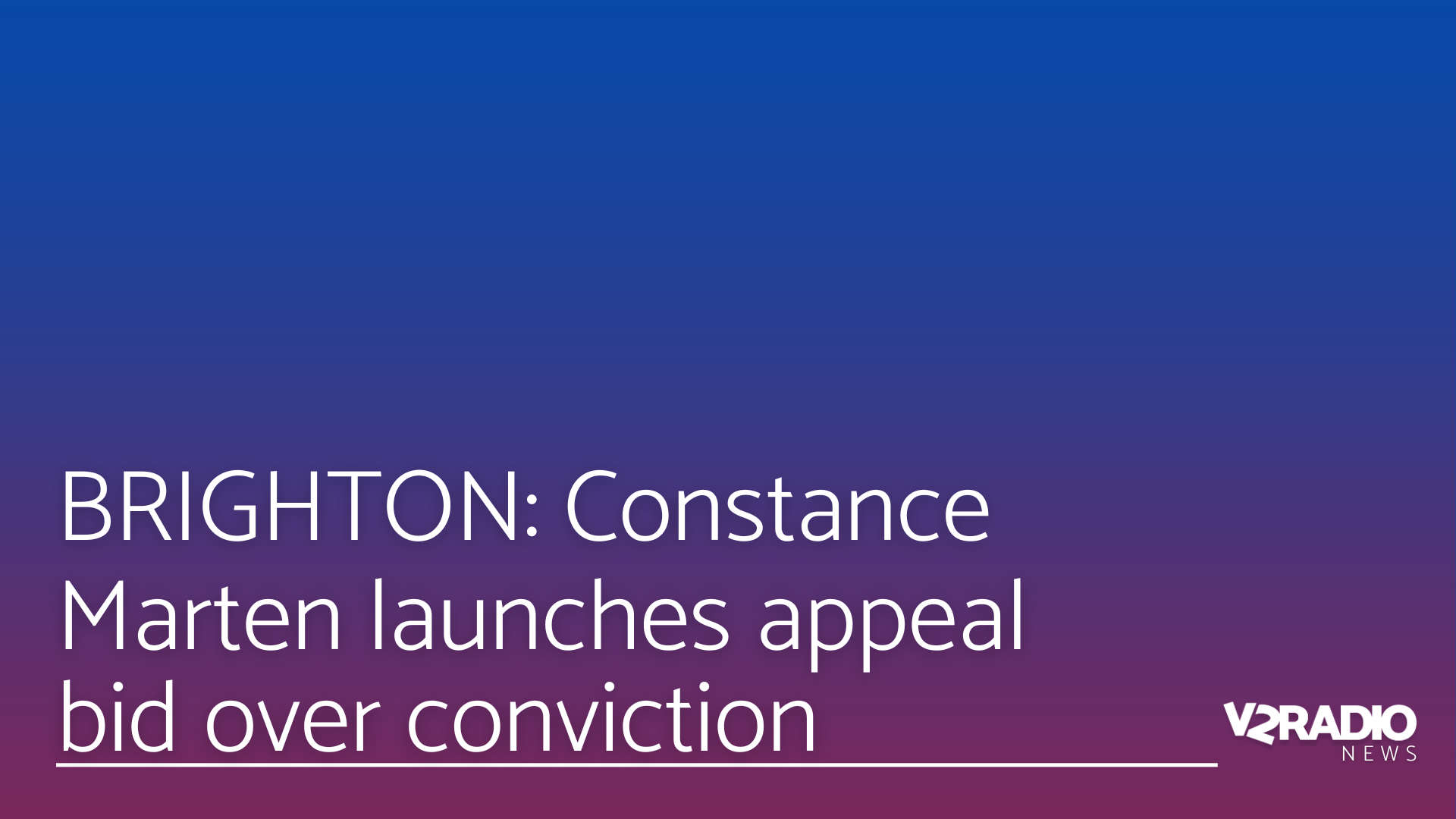 Constance Marten launches appeal bid over conviction
Constance Marten launches appeal bid over conviction
 Eligible Arun residents urged to apply for Warm Home Discount
Eligible Arun residents urged to apply for Warm Home Discount
